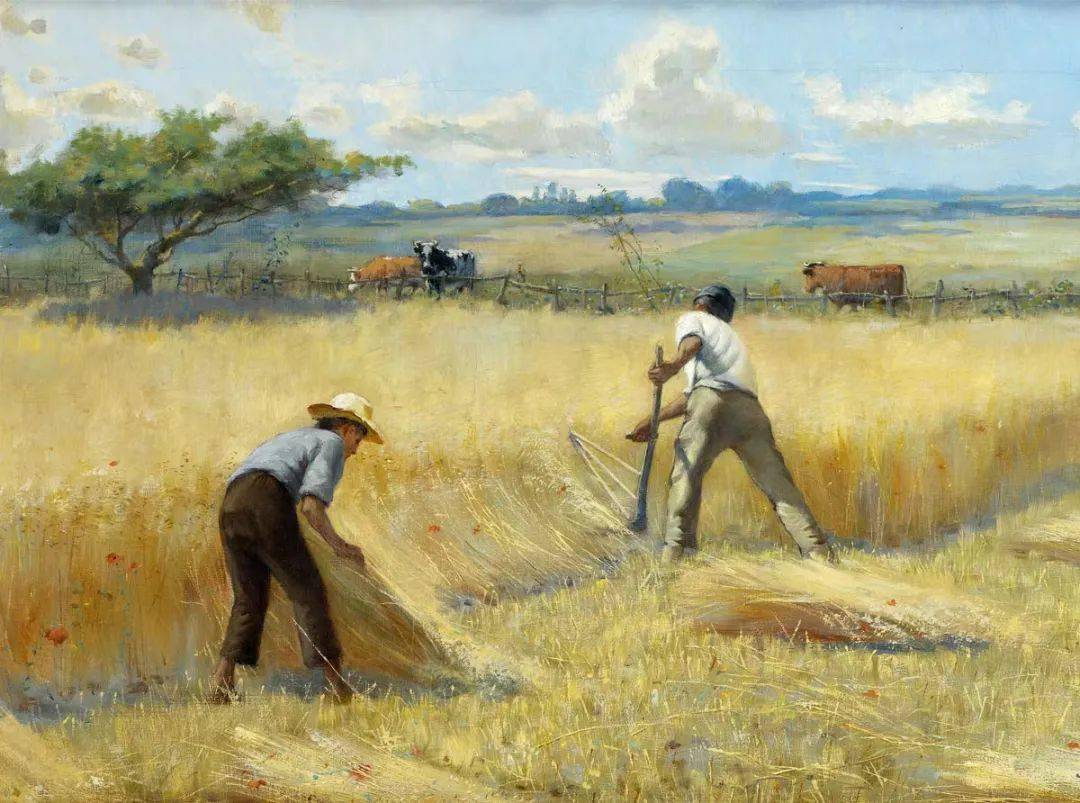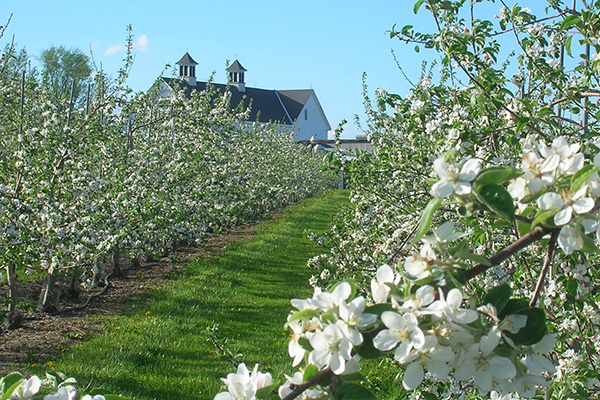The two roles of female farmers
The mid-19th century saw the spatial separation of work and home. It is believed that “male farmers and female farmers live in different worlds. And have different moral codes.” The “cult of domesticity” both celebrates women’s role in the home and confines them to it. The role of women is that of wife and mother. Women play a central role in the home and they are expected to set a moral example for their family members.

By the mid-19th century, these ideas began to penetrate rural areas. Rural areas do not experience the spatial separation of work and family that occurs in cities. But “rural people also distinguish between women’s and men’s spheres,” but there is no completely closed gender division of labor in rural areas. The lines dividing women’s and men’s spheres are less clear in the countryside and more often crossed than in the towns. Men in patriarchal societies often turn a blind eye to women’s contributions. The economic activities of rural women have never been regarded as part of the agricultural economy.
Female farmers are in a difficult situation
A manifestation of the subordinate status of peasant women in labor.Rural women lack capital investment in agricultural equipment. In the late 19th and early 20th centuries, the topic of overworked peasant women even rose to mainstream public discourse. For this reason, agricultural experts criticized farmers who let their wives work in the fields. Farm wives were advised to focus on family life like city housewives. However, these male agricultural experts may not understand farm women. In many cases, farm women regard their labor as drudgery, which may be related to their lack of choice and control over their work.
Partial reason analysis
In the late 19th century, some agricultural societies were already emphasizing the role of science in easing household chores. Some think this might make being a farmer’s wife no longer the most unfortunate thing in the world. However, the reality is not that simple. The impact of industrialization and technological advancement on women’s farm life. There is a big difference because of the difference between the rich and the poor on the farm. Some of the wealthier farm women have been able to enjoy buying items from the store. There may also be labor-saving household appliances or hired girl help to ease the burden of household chores. And the less affluent farm women do not have the money to pay for these “luxuries”. will continue to do most of the heavy labor that their grandmothers did. Generally speaking, wealthy farm women enjoyed the benefits of industrialization and new technologies earlier than those who were relatively poor.

Female farmers under industrialization
The labor-saving devices of modern industrialization may have reduced men’s work. But it has increased women’s housework. The stove was one of the most significant advances in domestic technology in the 19th century. Stoves actually reduced the amount of work men had to do to collect, break down, and carry fuel. Because a stove consumes less fuel than an open fireplace. But since the stove allows for multiple cooking methods to be done at the same time. For example boiling, simmering, baking – it may encourage preparing different dishes for each meal. This increases women’s workload. Women receive less help from other family members than before.
In late 19th century descriptions of the drudgery of peasant women. The most frequently used adjectives are: hard work, boring, humble, unpleasant. This suggests that the drudgery that peasant women complained about included not only the physical overexertion caused by the heavy workload. It also involves mental emptiness and anguish. In particular, it is difficult for them to gain a sense of satisfaction and meaning in farm life.
Never-ending chores
Overall, although most farm women also need to participate in agricultural production. Farm wives preferred field work to housework, and field work was preferable because it could be accomplished, whereas housework seemed never-ending. In addition, the value of housework is harder to affirm than direct-to-market agricultural production.






